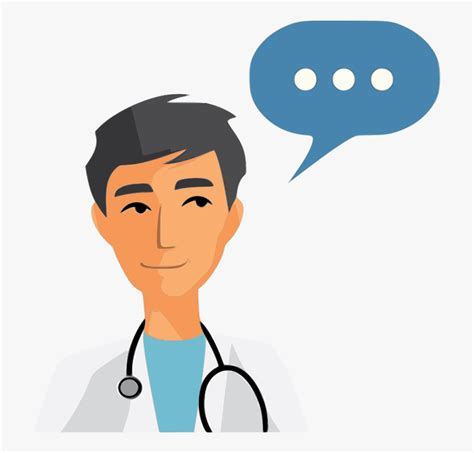Cancer Diary: Resources for Survivors

With cancer, we tend to focus on the fight --- and sometimes losing the fight. Surviving, however, can also be daunting. "What now?" you might ask. Oxford University Press recently published two books that help answer that question: Surviving the Storm is a workbook for telling your cancer story. Psychosocial Care for Cancer Survivors is a guide and workbook for caregivers. For more posts on cancer, click HERE . Blog editor's note: As a memorial to Carl, and simply because it is truly needed, MSI Press is now hosting a web page, Carl's Cancer Compendium , as a one-stop starting point for all things cancer, to make it easier for those with cancer to find answers to questions that can otherwise take hours to track down on the Internet and/or from professionals. The web page is in its infancy but expected to expand into robustness. To that end, it is expanded and updated weekly. As part of this effort, each week, on Monday, this blog will carry an informative, cance






